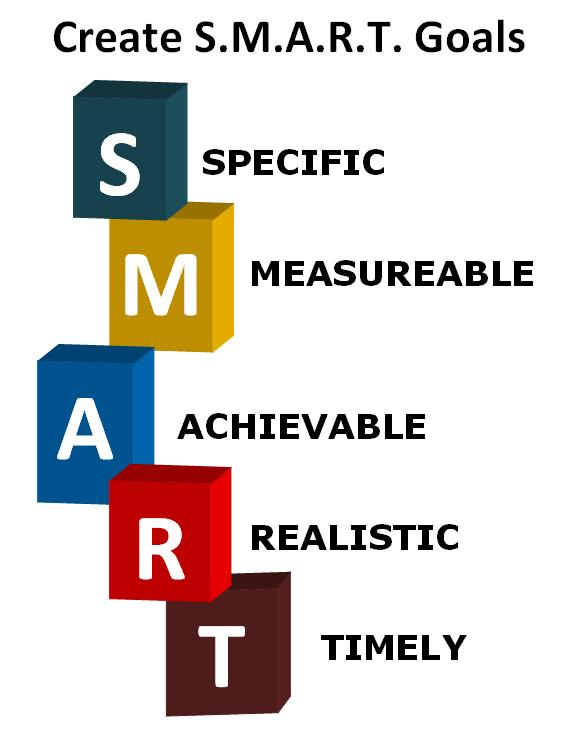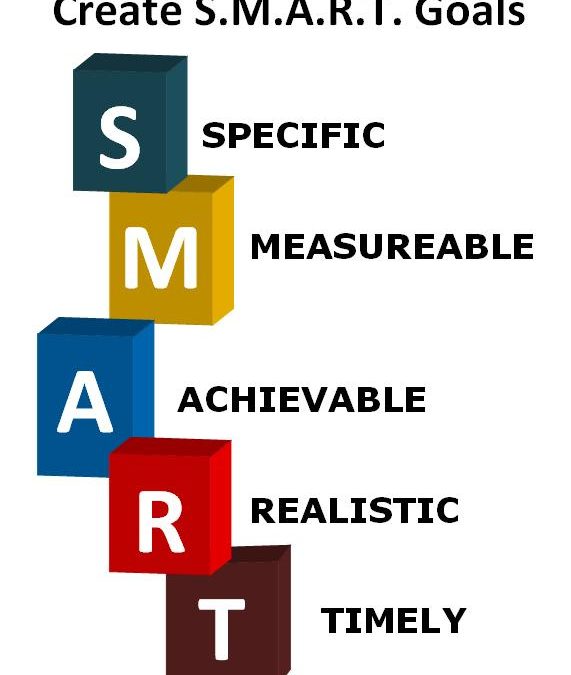
| The holidays are officially over and 2021 is in full swing. You’ve already had several days to get your January bearings, you’ve begun writing “2021” (that particular switchover always takes me a while!), and you’ve had a chance to reflect upon where you’re headed in the new year. As you survey where you are today, I hope you’re feeling strong and positive – and ready to conquer all of your goals. And, during your self-examination, you may have additionally decided that it’s time to leave behind anything that doesn’t help you live your life to its fullest. Whether it’s excuses, unhealthful habits, a pessimistic attitude, negative people in your life, or whatever – this is not only a good time to strengthen what’s working for you, but to also jettison what’s not. Believe it or not, our brains are actually stimulated by – and are even programmed to “like” – calendar changes. (Yes, that might sound weird, but trust me on this.) Quite literally, seeing “2021” in your correspondence, on television, and even in this article, is stimulating your brain to embrace the potential of a new year. And because of this interesting and useful phenomenon, right now is your chance to allow 2021 to assist you in reaching your self-improvement goals. In this article, I’m going to share with you three tips for achieving your goals, whatever they may be, and for making 2021 your best year ever. Here we go! (Quick aside: Before I even share this first tip, I just want to mention that I’m not a fan of acronyms. I actively avoid them when I’m speaking or teaching, because most of them seem forced, or silly, or just downright impractical. However, this acronym actually works, and that’s why I use it.) 1. Create S.M.A.R.T. goals. If you’re unfamiliar with the S.M.A.R.T. acronym, it stands for: Specific, Measurable, Attainable, Realistic, and Timely. The best part about this method is that it applies to goal setting in any capacity, whether you’re referring to your health, your career, your finances, your family life, your personal growth, or even your playtime activities. Creating a S.M.A.R.T. goal (rather than a vague, amorphous one) is a vital key to your success in goal achievement. Here’s an example: Perhaps you’ve done some thinking, and you’ve decided… “I want to be more physically fit.” Great goal – congratulations! But this particular wording won’t be as powerful (or as motivating) as if you were to state your goal in S.M.A.R.T terms, like this: “I will be able to walk three consecutive miles and do ten unassisted pushups by April 20th, 2021. I will accomplish this by signing up at a local gym, where I will do strength training a minimum of two times per week. I will also walk for 30 minutes, three times per week, with my next-door neighbor.” After reading the two goals, you can instantly see why creating a S.M.A.R.T. goal is so valuable, and how you’re much more likely to achieve whatever you’re pursuing when you state your goals in specific detail. There’s another reason why formulating your goals this way is so important: if you don’t state your goals in very precise and specific terms, how will you ever know if and when you’ve accomplished them? There’ll be no end in sight – no moment in time when you can shout, “Yippee! I did it!” And you never want to underestimate the power of a good, loud “Yippee!” after you’ve just aced those ten pushups for the first time! 2. Size does matter. In the case of goal setting, “small” works better than “large.” (And “humongous” is an almost surefire way to trigger a failure.) If we return to the S.M.A.R.T acronym, those words “attainable” and “realistic” are telling us something very important. For example, rather than declaring that you’re going to speak fluent French by the end of the year, make a commitment to learn three new French words per day – much less daunting, and much more achievable. (And by the end of the year, you’ll know 1,092 words – enough to order croissants in Paris like a pro!) Or, instead of setting a goal of running an entire marathon next fall, start by doing short “fun runs” in your community, working your way up to half marathons, and then eventually setting your sights on that 26.2 miles. Why is this so important? Because we humans inherently derive energy and joy from our successes, and exhaustion and discouragement from our failures. Smaller goals work better for us in three ways: a.) We’re more likely to actually achieve goals that are correctly scaled for success (i.e., fewer failures); b.) By setting smaller, “mini-goals” within our larger ones – like shorter runs before tackling a marathon – we have more opportunities for celebration (i.e., reinforcement); and c.) We can “check off” the completion of a goal and move on to the next one, thus creating a sense of self-driven progress (i.e., outcome control). 3. Always take care of YOU first. The last time you boarded a plane, you undoubtedly heard this message delivered by a friendly flight attendant: “In the case of cabin decompression, if you are travelling with a child or someone who requires assistance, secure your own mask first, and then assist the other person.” In a nutshell, this announcement is saying that you cannot help others until you help yourself first – especially if you run out of oxygen! And the same is true in life. If we’re going to be of assistance to anyone, we must take care of ourselves first. There’s nothing selfish about this statement whatsoever. To become a better partner, spouse, parent, friend, colleague, manager, neighbor, or random person in line at Starbucks (while wearing your mask, of course!), you must start with a solid foundation of self-love and self-support. I’m hopeful that you’ll believe and embrace this message – it’s crucial to your well-being. Give the world (including yourself) the best version of you by exercising regularly, eating healthfully, sleeping sufficiently, surrounding yourself with supportive people, maintaining a positive attitude, cultivating a forgiving heart, communicating with love and understanding, learning and growing, smiling daily, laughing ‘til it hurts, talking less, listening more, creating beautiful memories, and looking to the future with enthusiasm – how’s that for a starter list? May you find joy, peace, success, and happiness in your life, as you make your way through 2021. (Hey – it’s just gotta be better than 2020, right?) |

